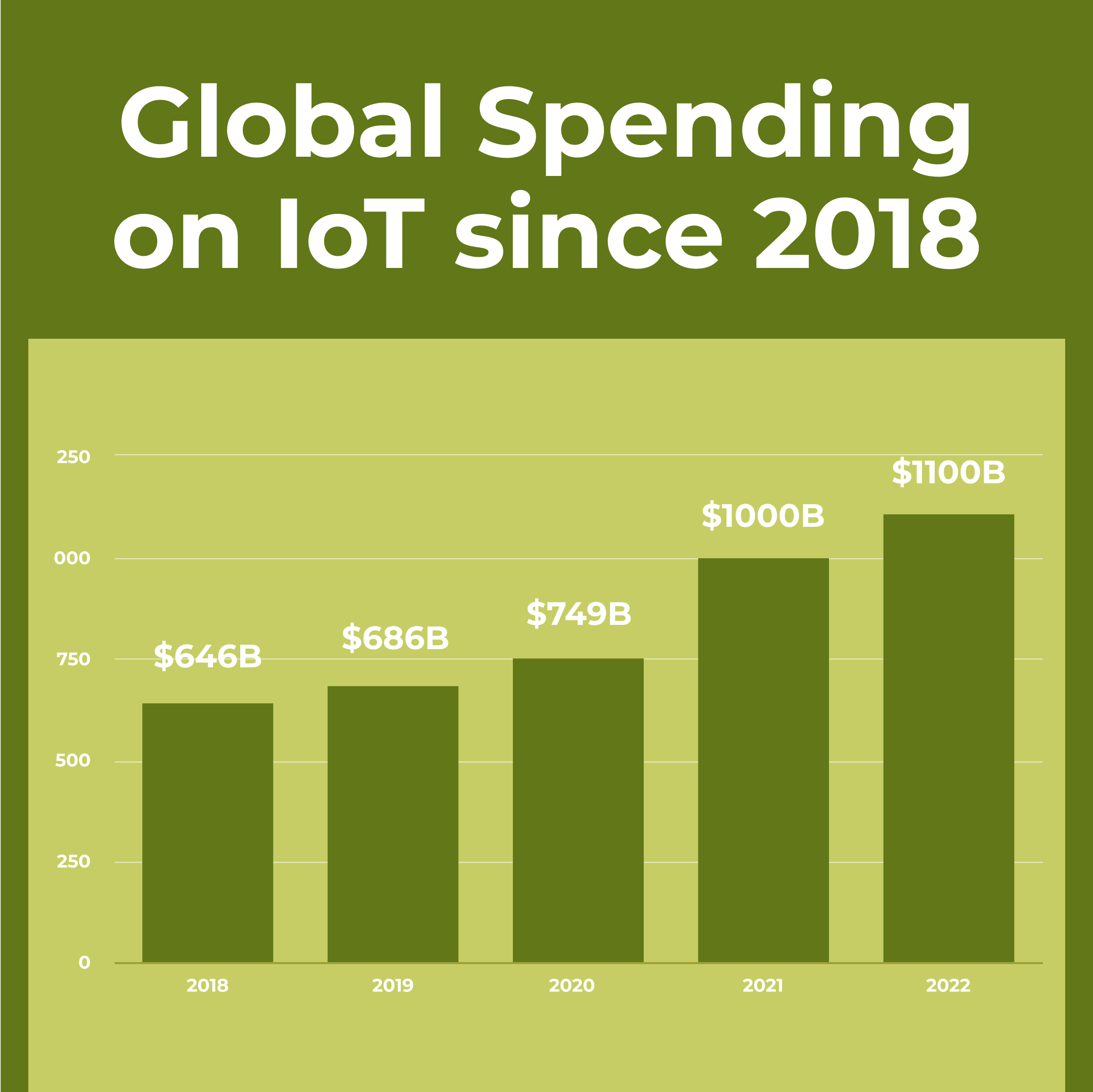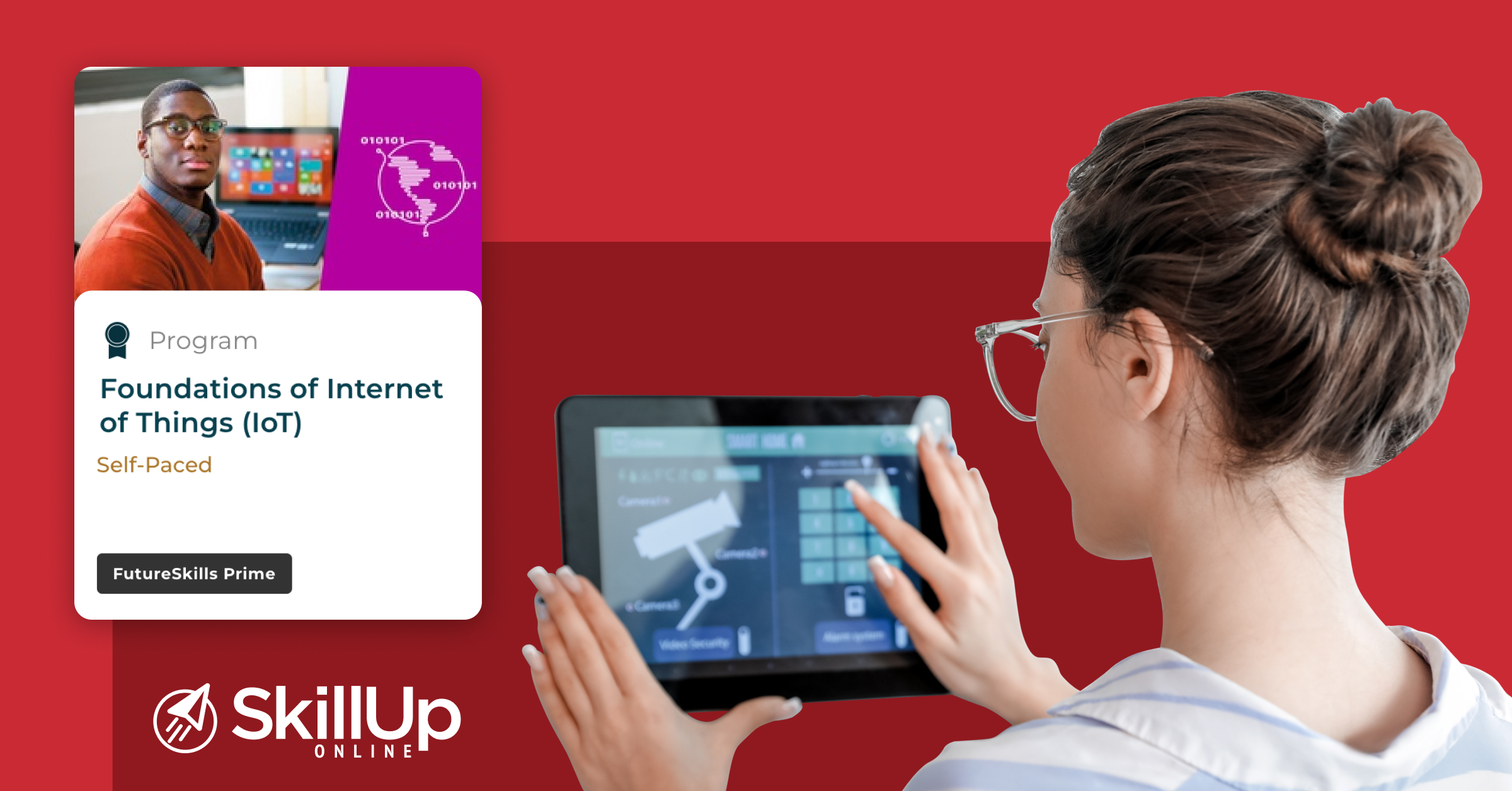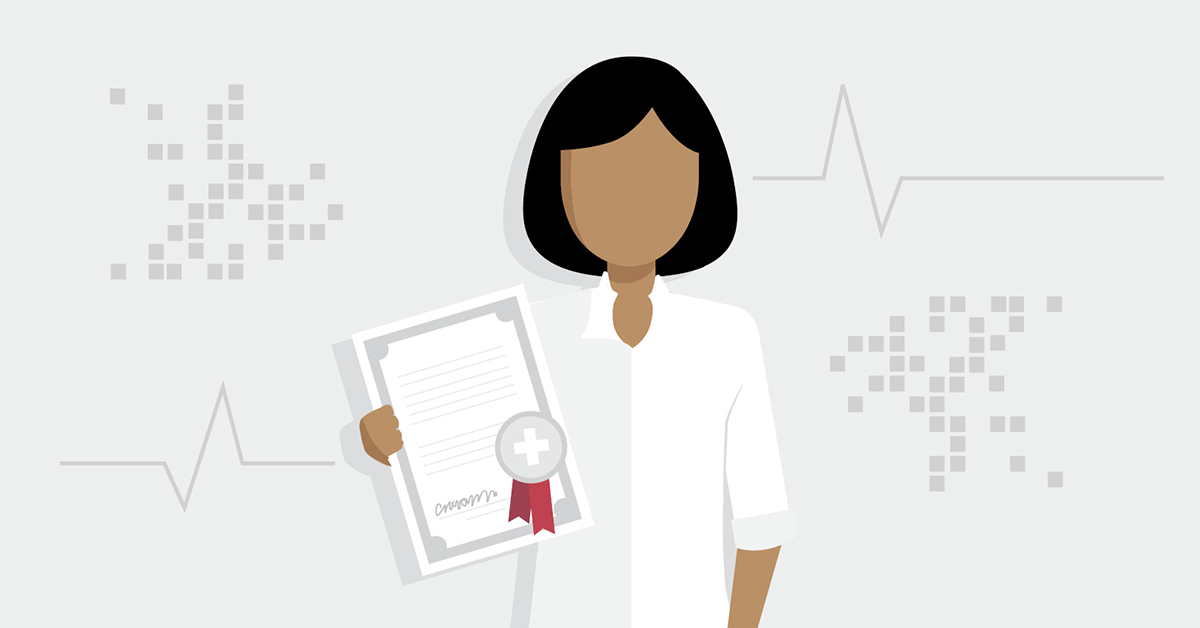Imagine this not-too-distant scenario. You’re driving home from the office; you have guests coming for dinner, but you had a last minute emergency and you’re running late. You should be driving at breakneck speed to get home and prepare the house; Instead you’re doing it all from where you sit by accessing your Alexa or Nest via your vehicle’s smartphone integration. You switch on the air conditioners, increase your refrigerator’s chilling temperature, and set the lights to dim. You set the details of your guest list and even select a playlist ready all by the time you walk in the door.
Welcome to the world of the Internet of Things (IoT)
As the name implies, IoT refers to how internet connected devices communicate with each other in real-time. This allows for information to be passed both ways and processed. so, in the scenario above, your home lighting system, refrigerator, Alexa, and security gate are all connected to your mobile phone via the internet, allowing you to control everything.
What sits behind all this, of course, is data. Humans are generating more data than at any time in history. However, much of it is now usable thanks to these internet connected devices, which facilitate the ability to access and leverage this data across shared networks.
The upside for all of us is that the Internet of Things is offering deeply connected experiences that make life more efficient and enjoyable. Like the web before it, these types of connected experiences have the ability to change how we interact with each other and the world. It’s true that they make some people deeply uncomfortable, driving questions around privacy, security, and identity. However, others see IoT technologies as the key to a limitless on-demand and adaptive digital ecosystem.
And that’s not all. IoT is also fundamental to the effective implementation of other emerging tech like artificial intelligence, which requires massive amounts of data to learn and adapt in real-time. This in turn means there is the opportunity to build an exciting career for tech-minded professionals. For yes, jobs within IoT are only going to grow.
But what else have you got to look forward to if you’re thinking about a career in IoT?
A lot.
The stats predict a promising future is already unfolding 
Statista data predicts that by 2023 worldwide spending on IoT will be $1.1 trillion. In comparison, spending in 2020 was just $749 billion, so the growth is palpable. This comes as no surprise, for the impact of IoT on business is twofold. On the one hand, brands are now seeing IoT as an achievable way to improve efficiency, raise profits, and enhance customer experience. On the other hand, customers are increasingly relying on these experiences.
Opportunity in IoT technologies is growing
IoT is no longer an obscure technology; billions of smart devices are already working to make life easier for us all. With the growth of Web3.0 and applications connecting to such devices, data is no longer necessarily centralized. And, notwithstanding concerns in some quarters regarding data protection, this is allowing the valuable information residing in IoT-connected devices to be transmitted freely. The adoption of IoT is only heading in one direction, therefore… upwards.
Internet of Things learning is increasingly accessible
The slow path to learning about advanced IT concepts like IoT has switched to fast-track. As an emerging technology, it’s now mainstream and there are a number of foundational-level courses available. Once you’ve grasped the basics as a beginner, you will already have skills that will appeal to an employer. From there, you can continue your learning through courses, while working to become a leader in the field.
[bctt tweet=”We’ve barely scratched the surface of IoT’s potential – a fact
which has made it one of the most commonly over looked career paths for
IT professionals”]
Innovation in the Internet of Things is limitless
As the type, volume, and quality of data increases, so too does our ability to make use of that data in new and creative ways. The following examples illustrate this point well.
- Kernal is a neurotech company enabling patients to remotely access brain imaging devices through a neuroscience-as-a-service program.
- Teamviewer are cloud-based technologists providing a fully integrated augmented reality productivity platform that connects the industrial shop floor with smart wearable devices. This is improving worker safety and shop floor traffic management.
As you can see, therefore, already IoT is transforming industries like healthcare, manufacturing, communication, energy, financial services, retail, and transportation. The limit is our imagination.
IoT professionals can choose their path
IoT technologies are now being leveraged across a wide range of sectors, verticals, and industries. From an organizational point of view, this makes IoT professionals accessible and valuable. From an individual’s point of view, this opens up countless opportunities now and in the future as the field advances.

The Internet of Things is here to stay
The question that constantly plagues IT professionals when pursuing a particular stream is whether the domain or subject matter will remain in vogue in the future. The IT industry is replete with technologies that have come and gone, or are vanishing. On-premise data center management is a classic example of a technology that has been quickly replaced with cloud-based data centers.
IoT, however, is not a technology that is likely to become obsolete anytime soon. In fact, with artificial intelligence, machine learning, deep learning and neural networks all working in tandem at the device level, IoT is only set to get stronger.
A final word
A career in the Internet of Things offers many paths, options, and technologies to explore. The field is moving so quickly that professionals with skills and expertise are going to be able to shift and move in an agile way as things develop. Already, the market is rich with opportunities. And with consumers demanding more, and businesses seeking to fulfil that demand, the number of opportunities is only set to increase. The future is bright indeed.
If you would like to know more about how you can build skills and get started in the exciting world of IoT, contact our Learner Support Team on [email protected]. They will be more than happy to guide you on the next steps you can take.
Technical Specialist at SkillUp Online.
Artificial Intelligence expert providing online mentoring and training support to learners.
Artificial Intelligence – Major
Data Science Basics


